Investing in Young Engineers to Help UK Economic Growth
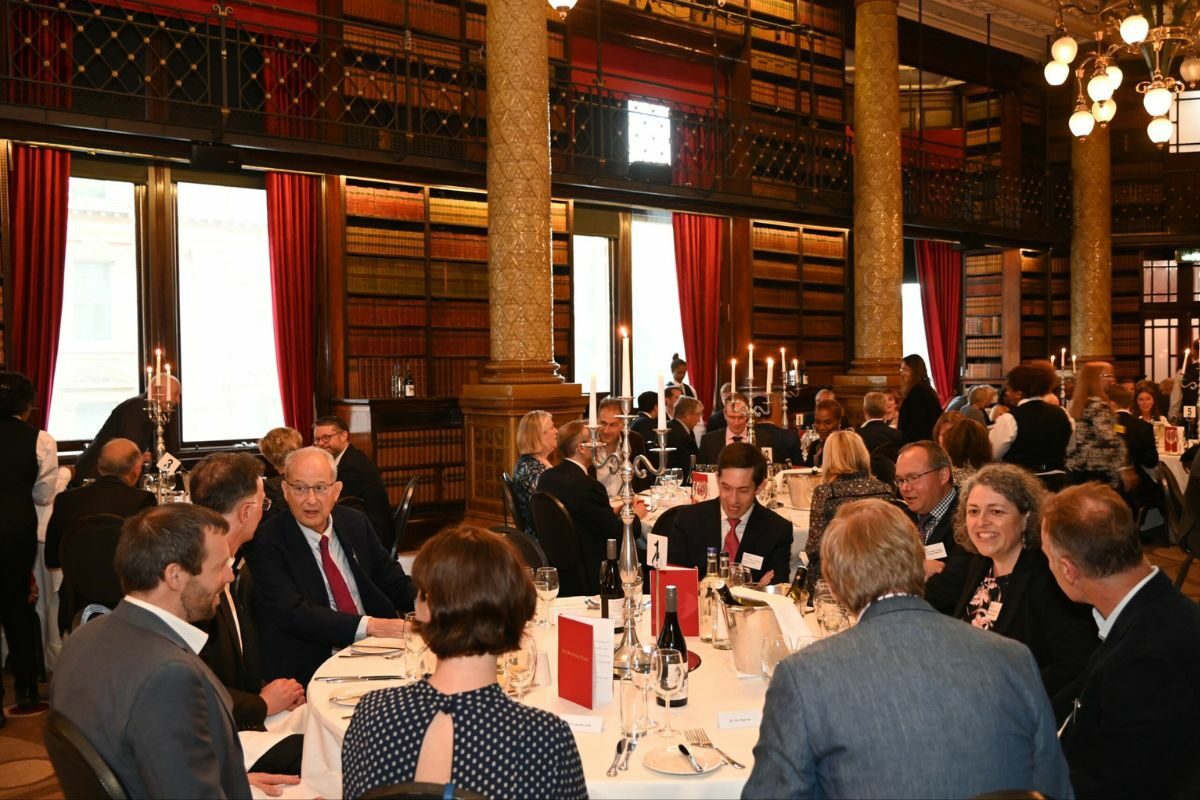
After a two-year lull and the various lockdowns, Lord David Sainsbury of Turville was back on the podium to give a stirring speech at the Sainsbury Management Fellows Annual Dinner 2022. Business leaders and entrepreneurs, key figures from engineering institutions and university partners attended the dinner to hear his address.
Lord Sainsbury said: “When the Sainsbury Management Fellows scheme was set up 35 years ago the purpose was to help a small number of talented young engineers to attend top international business schools to get MBAs. It was hoped that the business skills they gained would help them rise quickly to the top of major British corporations, or to set up high-tech businesses.
“This was important because if you want the leaders of major companies to be innovative, they must be people who understand the technologies of their business and the needs of their customers. The results speak for themselves: Today there are 394 Sainsbury Management Fellows, including those now at business school – 180 fellows have founded or co-founded one or more businesses, with a total value of over £4.8bn, and the creation of over 20,000 jobs. The result is 300 businesses which are thriving, and more than 250 fellows have helped further develop some of the UK’s largest corporations, enhancing economic wealth.
“Not only have Sainsbury Management Fellows contributed to the British economy through the businesses they have founded or run but 12% of fellows are also involved in the provision of venture capital, investing in a professional or private capacity, totalling more than £500m. These investments help stimulate technological development and the much-needed acceleration of innovation in the UK economy.”
The other keynote speaker at the SMF Annual Dinner was David Falzani MBE, President of Engineers in Business Fellows which awards the annual £500,000 Sainsbury Management Fellows MBA scholarships to ten professional engineers and supports universities and FE colleges through its Engineers in Business Competition prize fund.
David said: “A founding tenant of our MBA scholarship scheme is to increase national productivity. We need to do this to maintain our quality of life and living standards. A key measure of living standards is our GDP per capita and improving this allows us to be competitive globally, to trade and support other countries. In the UK we have excellent universities and research that have enabled us to develop a strong knowledge economy.
“However, we need to make it much easier to translate all of that science and research into products and services that help the economy grow. Engineers are exceptionally good at transforming technology and science into real things, processes, systems and services. The MBA scholarships create a cadre of leaders who understand both technology and business and this combined expertise enables them to disproportionately help economic growth.
Inspiring engineers early in their careers
“Through our Engineers in Business Competition (EIBC) prize fund for higher education establishments, we are pursuing a different objective to our MBA scheme. This time, we are broadening the base on which our economy is built. We are interacting with tens of thousands of engineering and science students and recent graduates, encouraging them to think about business and entrepreneurship to actively expand their skills and perception.
“Traditionally, people get to their late twenties or thirties before they start to move into management. We are encouraging engineers aged 19 to 22 years old to think about business now, rather than waiting until much later in their careers. We do this by awarding annual prize funds of £3,000 per higher educational institution for their business innovation competitions. The prize funds, our communications work, and our national Champion of Champions business competition are inspiring engineering students to think about business innovation early and broaden their horizons from a young age.
“We currently work with thirty-six universities and will expand this number this year. We are reaching large numbers of students, for example, last year 291,000 students, recent graduates and postgraduates received business skills messages and 6,000 students participated in competitions, more than 2,000 of whom were students studying engineering, computer science and biomedicine.
Embracing Further Education Colleges
“The Engineers in Business Competition (EIBC) prize fund has been open to FE colleges since we started the programme in 2014, but the uptake has not developed as we anticipated which leaves us wondering why universities see the enormous benefits of giving students and graduates key business skills, but the same is not the case for FE colleges.
“The effectiveness of the EIBC scheme in universities is making a positive difference to students and their future ambitions. Several benefits go hand-in-hand with taking part in EIB-sponsored competitions – see what Mechanical Engineer, Peter Gillan, winner of Queen’s University Belfast’s Dragons’ Den Competition, has to say.
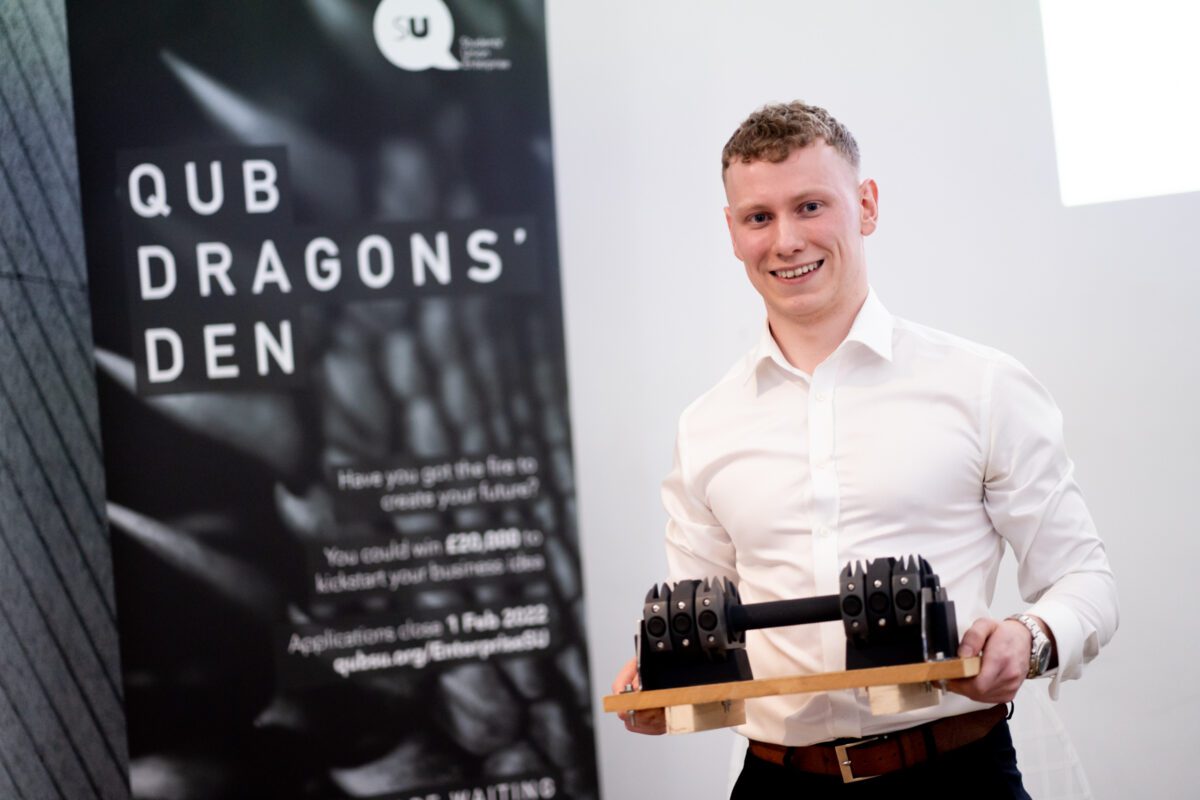
“There is a great opportunity for FE colleges to inspire students in the same way. The University of the Highlands and Islands (UHI), which embraces all higher educational establishments and the wider community in its annual Business Competition, is a shining example of how engineering prizes can be incorporated into wider innovation competitions. UHI’s Business Competition is a well-established, high-profile competition open to all students across 13 UHI sites. It reaches out to approximately 40,000 FE, HE and postgraduate students and researchers based in the Highlands and Islands of Scotland.
“The story of Alick Maclean, BEng (Hons) Mechanical Engineering Student at Lews College UHI, is a great example of how UHI is getting technical students involved in business innovation. Alick’s unique boat trailer design scooped him the £1,500 Engineers in Business prize in the Best Engineer and Best Design categories.
“Rewarding innovation through ideas is another important aspect of the UHI Business Competition, Matej Papp and Ahmed Nassar being just two engineering graduates to receive accolades for the Best Engineering Business Idea. Hailing from Aberdeen University, their idea Boxfluence – a range of novel training equipment – earned them a £1,000 Engineers in Business prize and a place in the national EIBF Champion of Champions Competition.
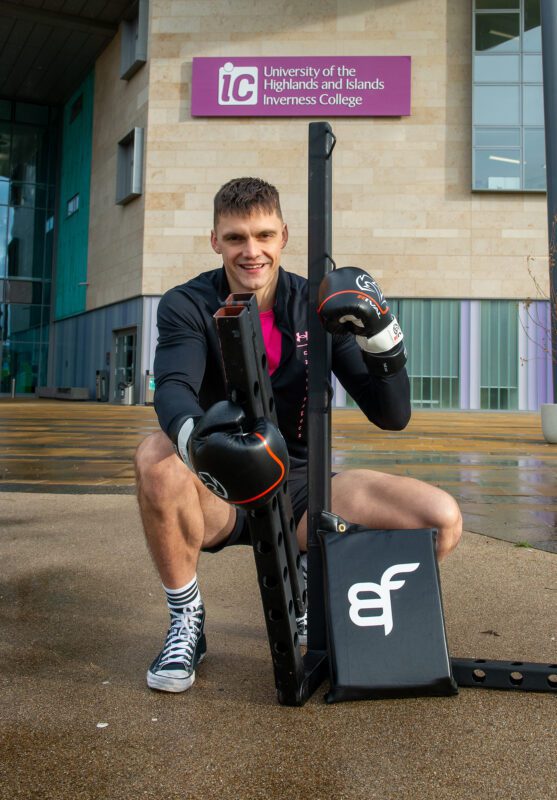
Young people want to solve the big problems
“If FEs are not running business competitions, they certainly should be. Whilst traditionally the more technical FE courses do not usually include entrepreneurship and business training, students enjoy participating in business competitions because it motivates them, helps them gain new skills, and challenges them to solve problems. Many of our university partners have thought creatively about how to design a module that gives students business skills.
“Through business education, FE students have the opportunity to add to their experiences and personal story. Most students want to hone the skills that will help them to secure well-paid, steady jobs and business competitions help. During interviews, students who can talk about how they have developed soft skills, gained broad business awareness and can demonstrate that they understand the linkages between conceiving an idea and using technology or technical know-how to apply it in a real-world setting, will have a competitive advantage over applicants who do not have this experience.
Pandemic recovery and pause for thought
“In addition to promoting engineering as an exciting, well-paid and fulfilling career to young people through our work with FEs and universities, Sainsbury Management Fellows continue to support innovation and sustainability in the economy.
“The past two years have given us all pause for thought on how we can transition to a way of life in which we repair and improve our relationship with the planet. Pandemic recovery provided us with a unique opportunity to reinvent our businesses to achieve maximum growth with sustainability. Customers and consumers want to be associated with companies that are making a positive difference too.
“As Lord Sainsbury described, our Fellows are in the vanguard of those who make a positive difference. Over one-third of Fellows lead or invest in sustainable energy and development companies. This past year, SMF Tim Lowe launched the Energy and Sustainable Development Group, which exchanges ideas and explores new investment opportunities.
“Many SMFs are making real contributions to the UK’s Net Zero Strategy. For example, SMF Mark Futyan is CEO of grid-scale renewable energy company Anesco, and Sam Cockerill’s company Libertine has developed linear generator technology for clean, efficient and cost-effective power generation.
“This is the eighth year that Engineers in Business Fellows has supported business competitions that challenge rising talent to create unique products or services that meet a need in society and demonstrate the use of engineering skills in a creative way. Despite the detrimental impact of Covid-19, 6,000 students participated in university business competitions this year. The question is – will your institution taking part spark ideas that could make a difference to society or even the wider planet?”
For further information regarding what the Engineers in Business Fellowship is doing for young engineers via its MBA scholarship scheme and EIBC scheme click here.



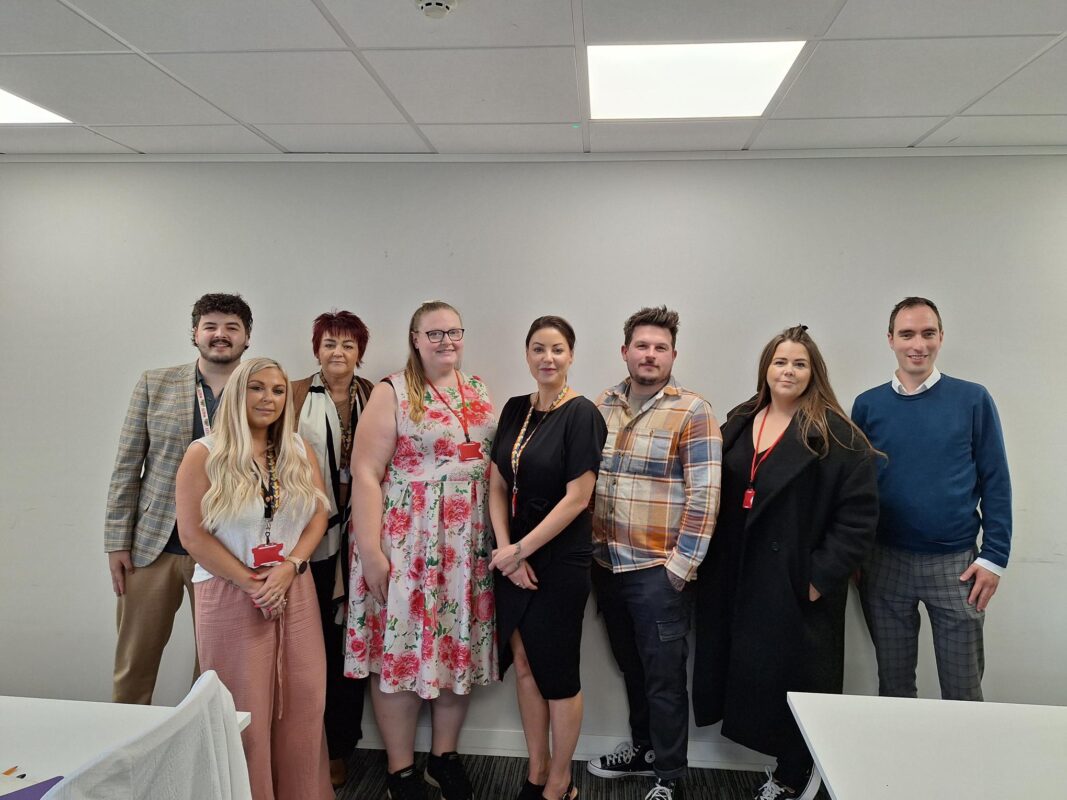
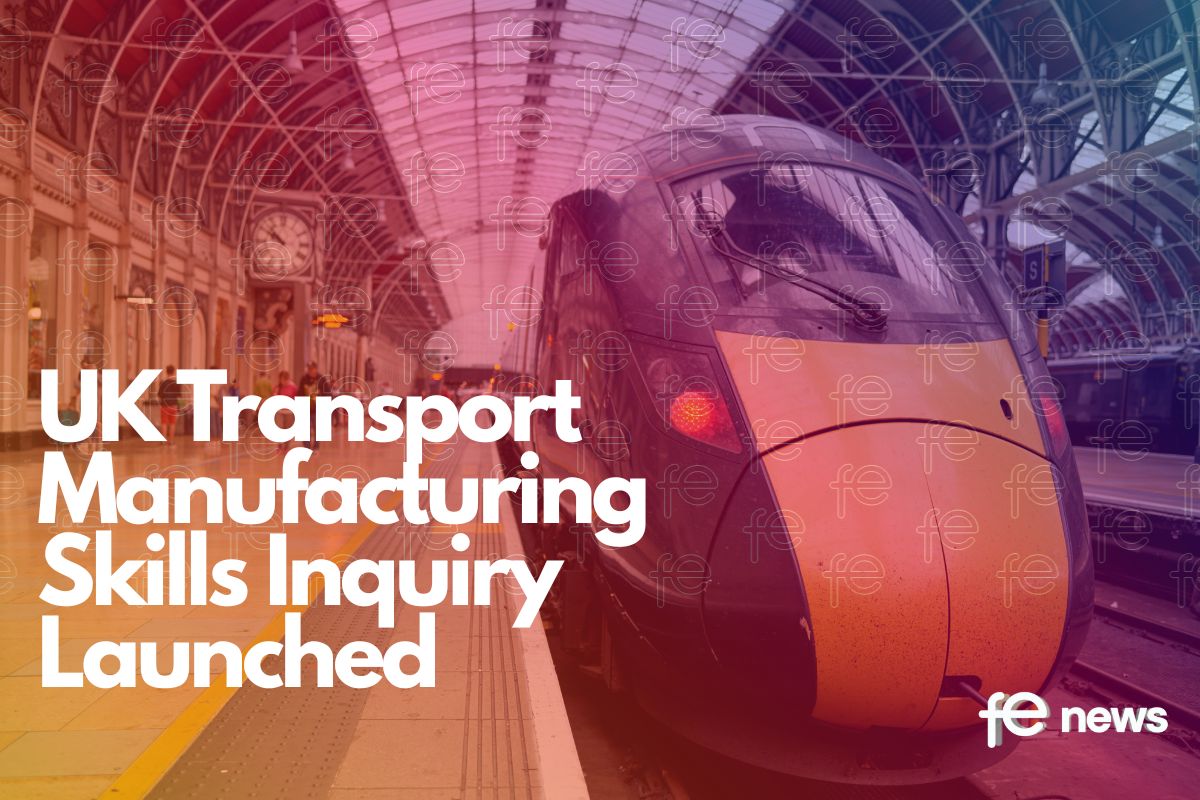

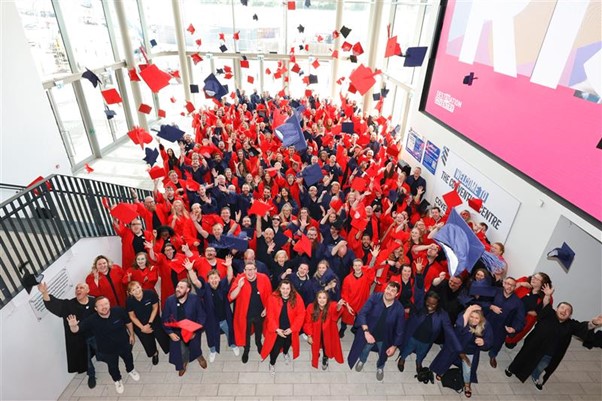
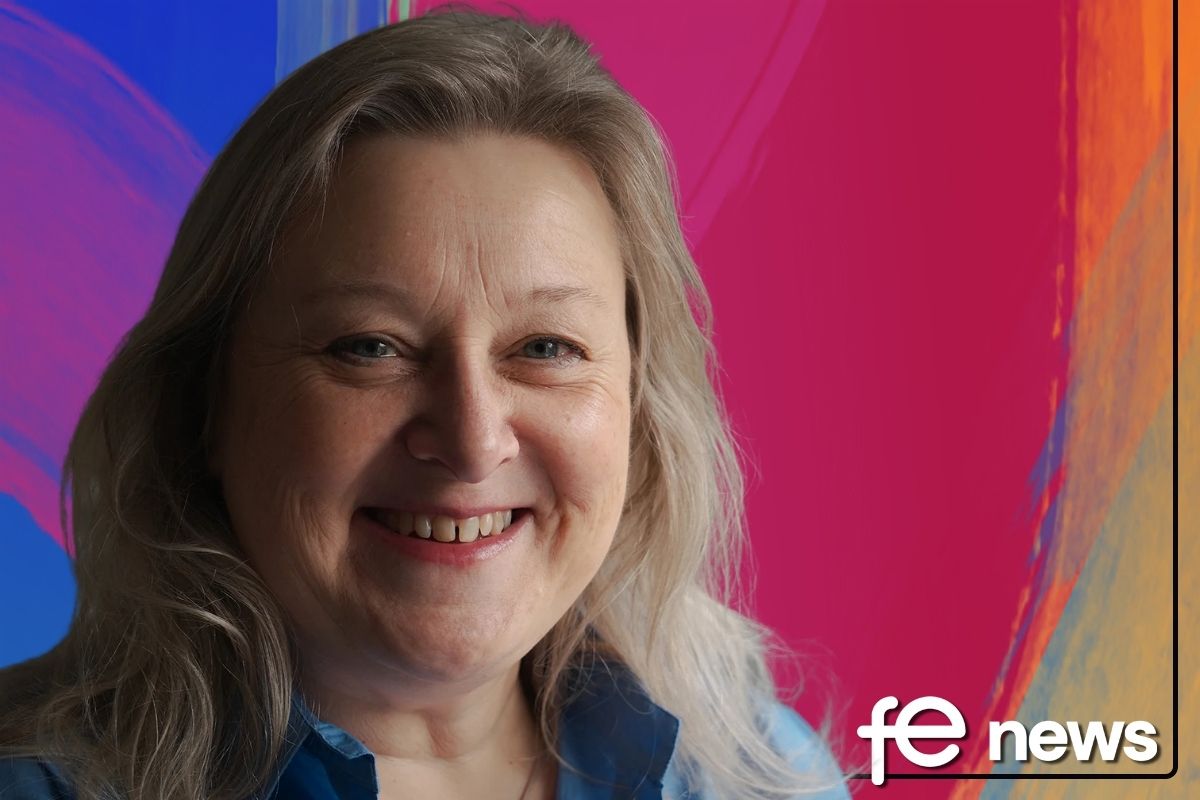

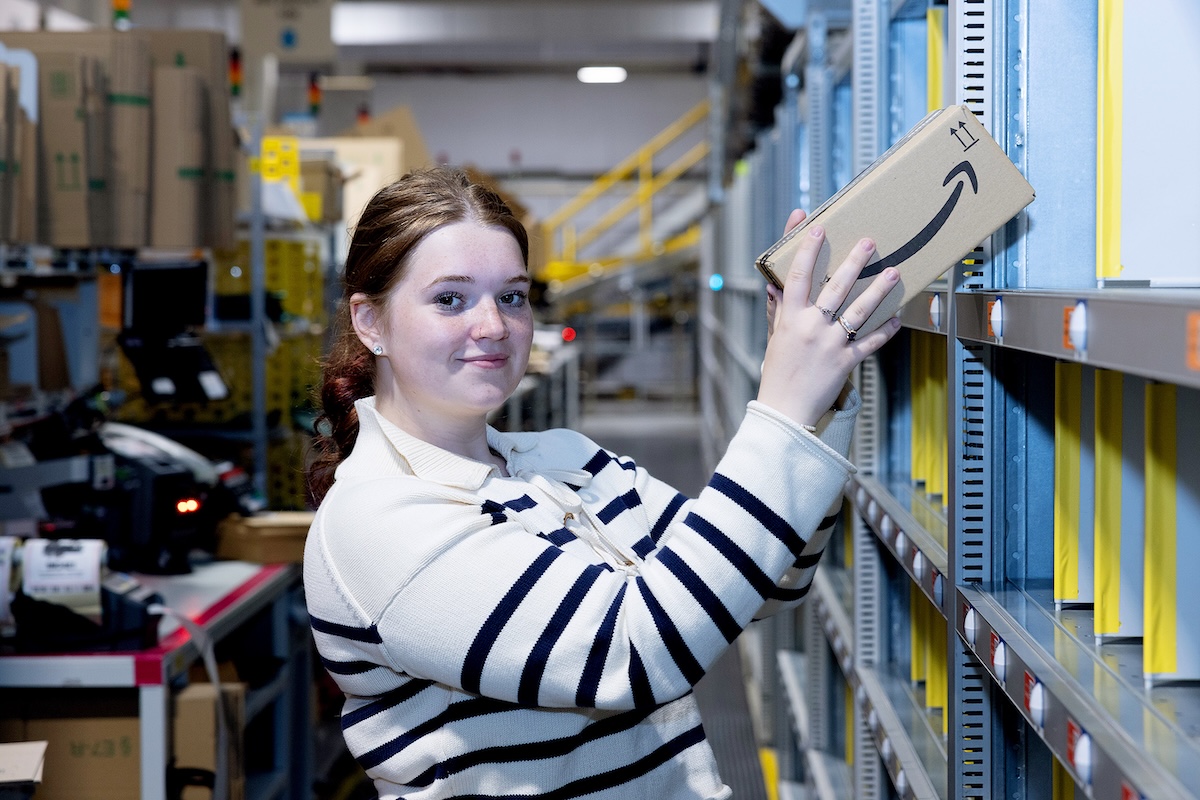
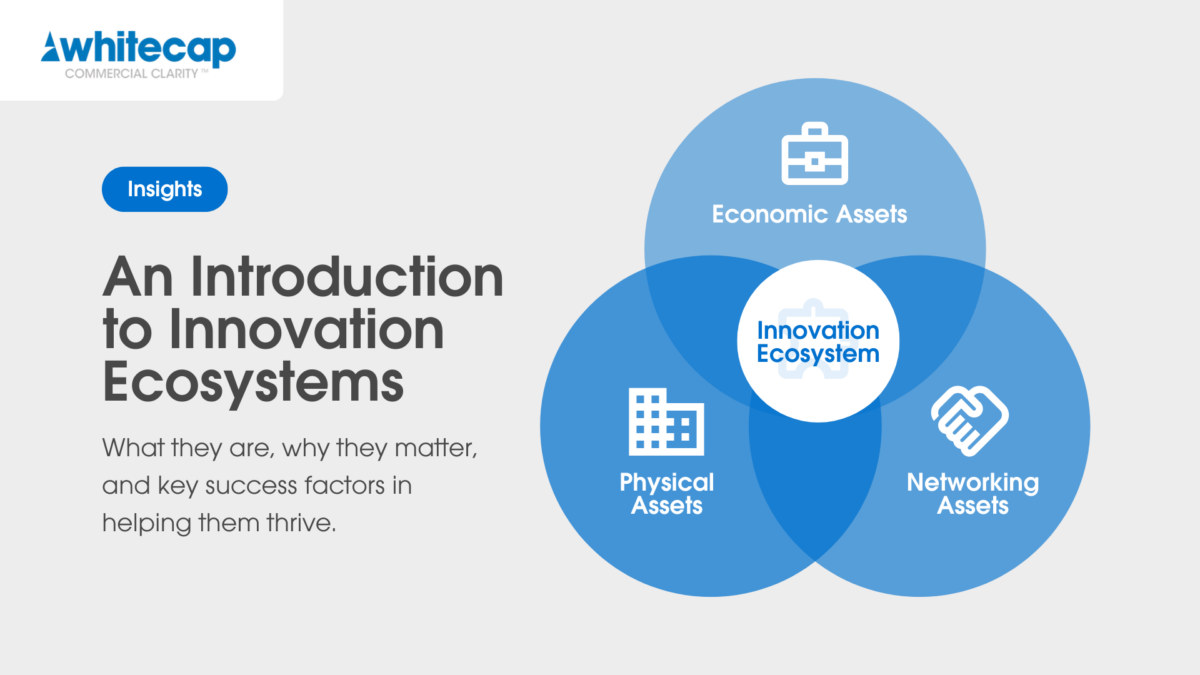
Responses